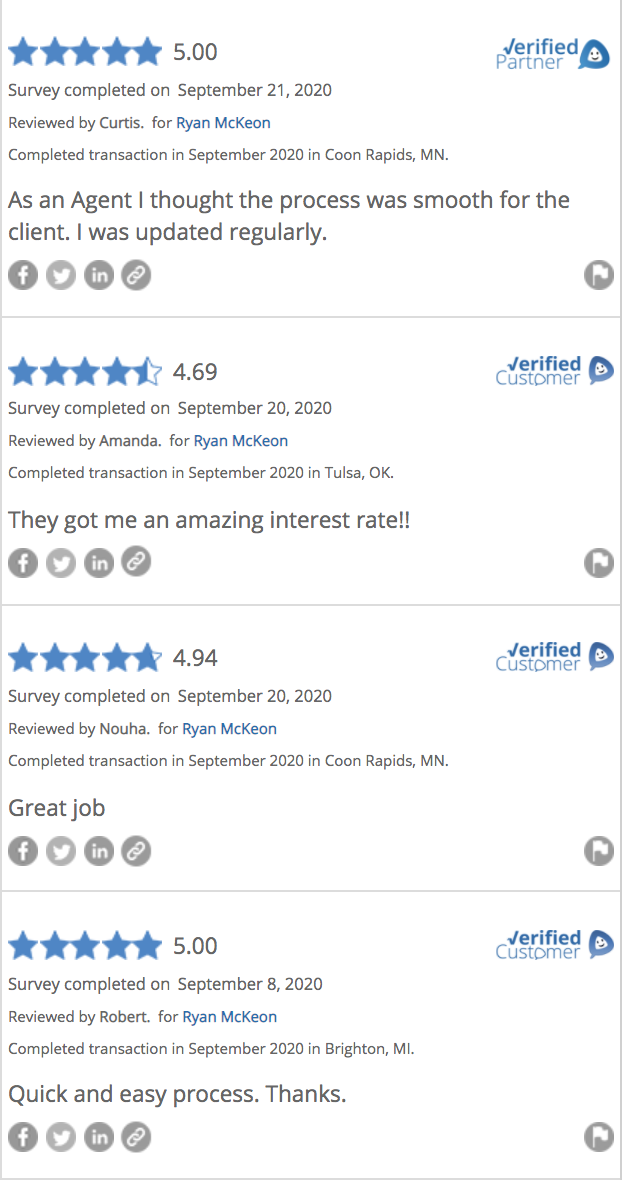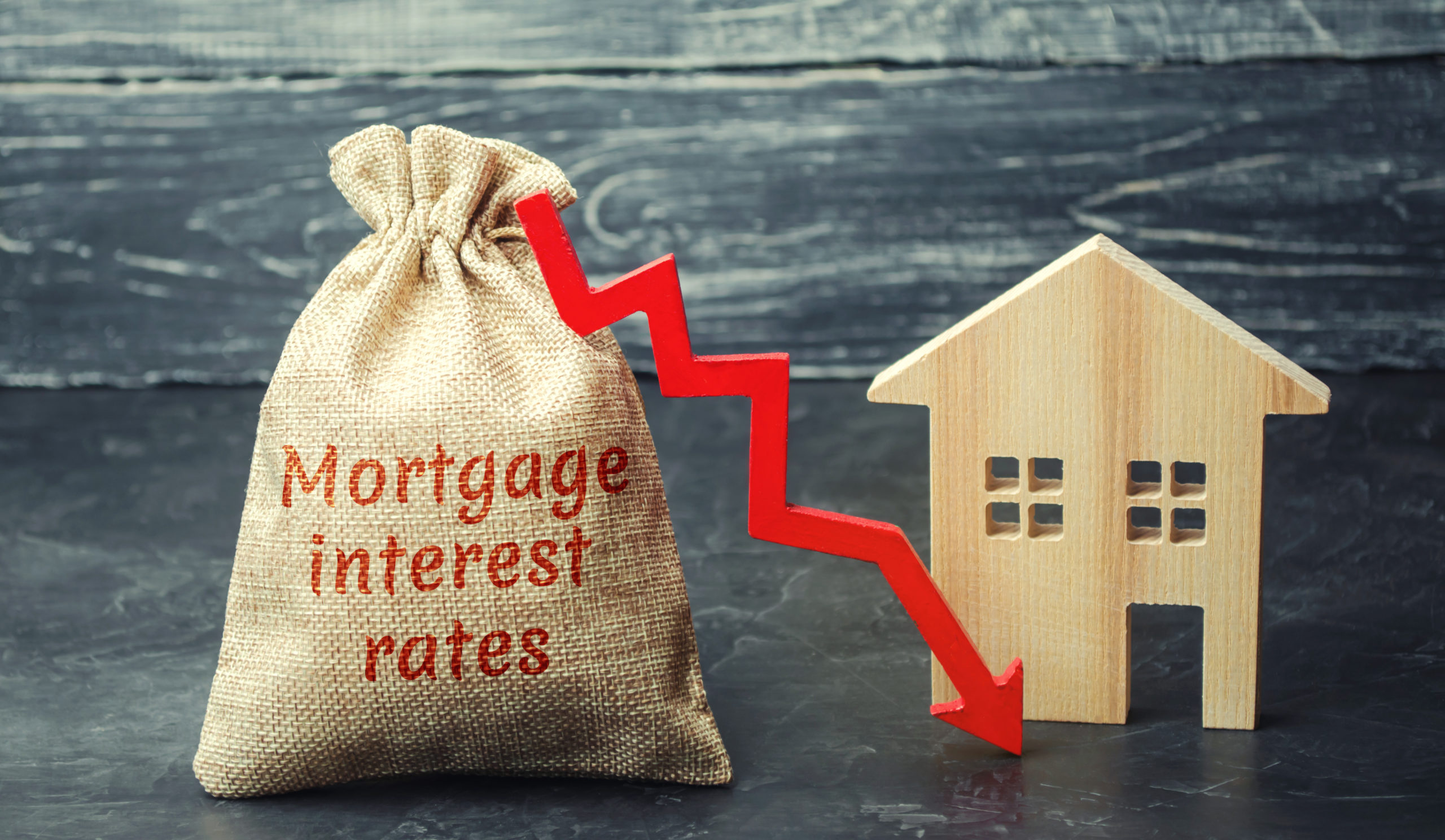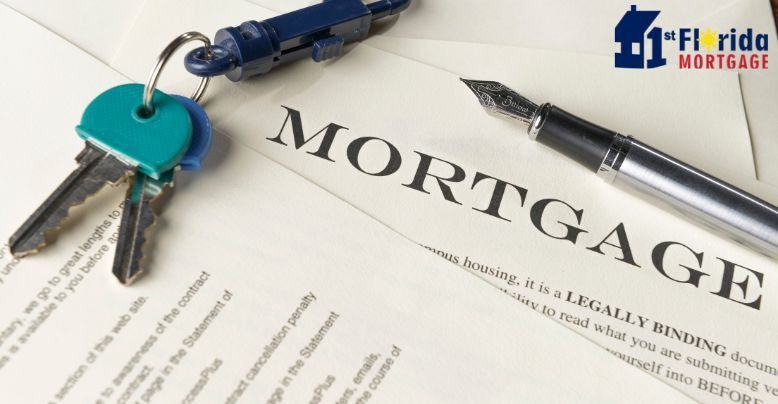This week, the Federal Reserve raised interest rates for the third time in 2018. This quarter-percentage rate increase brought the federal funds rate into the target range of 2 – 2.25 percent. The committee sets monetary policy, primarily by raising or lowering the Fed’s target for the federal funds rate, which is used as the benchmark for a range of consumer interest rates.
What does the Federal Reserve do?
The Fed’s actions have an indirect impact on the prices you pay at the grocery store, gas pump and other retail outlets. And, they also indirectly affect the job market.
Traditionally, the Fed fights inflation by raising the federal funds rate. This makes money scarcer and more expensive. When they do this, the intent is to reduce overall demand and slow the pace of price increases. However, raising the federal funds rate is less about fighting inflation and more about getting the rate closer to its long-term neutral of 3 percent to 3.5 percent.
When the Fed raises the federal funds rate, it usually slows the economy because it costs more to borrow. People tend to borrow less, buy less, and it typically leads to fewer people being hired. They also have less leeway to demand pay raises. This lack of power to bargain for higher wages is seen as a way to fight inflation. When the Fed sends rates higher, it slows the economy and puts the brakes on inflation.
How will this affect my mortgage?
If you have a fixed-rate mortgage, you don’t need to worry. As the name suggests, your interest rate is fixed and won’t change over the life of your mortgage. And if you’re shopping for a fixed-rate mortgage now, your interest rate probably won’t be affected.
However, credit cards, home equity loans, and adjustable-rate mortgages will become more expensive within weeks. That’s because the rates for these products is usually tied to the prime rate—which is affected by the Fed’s benchmark rate.
Since adjustable-rate mortgages are modified annually, you may feel the impact all at once. Just in 2018, rate hikes have increased average rates by about half a percent to 3.92%. For a homeowner with a $200,000 mortgage, their monthly payments increase by around $50. This quarter-point rate increase will likely tack on an additional $30 to a homeowner’s monthly payment.
In addition to interest rates, the Fed plays other roles that can affect mortgage rates. For example, in 2017 the Fed began gradually shrinking the bond portfolio it amassed during and after the financial crisis. This attempt to lower long-term rates likely has a bigger effect on fixed rate mortgage loans.
In 2017, housing economists predicted rising mortgage rates. However, they’ve been reasonably steady in spite of the three Fed rate hikes in 2018. Mortgage rates have steadily climbed since the beginning of this year, which goes to show the central bank’s actions aren’t predictive.
Actions to Consider
If you have an adjustable-rate mortgage, you might consider refinancing into a fixed-rate loan. Adjustable-rate mortgages that are due to change in the next year or two have the potential to begin squeezing homeowners’ budgets.
Even though rates are going up, a fixed-rate mortgage at today’s rates is likely to save the borrower money when compared to what they’d be paying after adjustable rates increase. After all, there’s no telling when the Fed will raise rates again.
First Florida Mortgage Can Help
At First Florida Mortgage, we are a Florida-based mortgage company that can help you through every step of financing your new home. Fill out the quick contact form or call First Florida Mortgage today at 1-407-392-4031 to speak with one of our Florida mortgage specialists and get a free good faith estimate.




